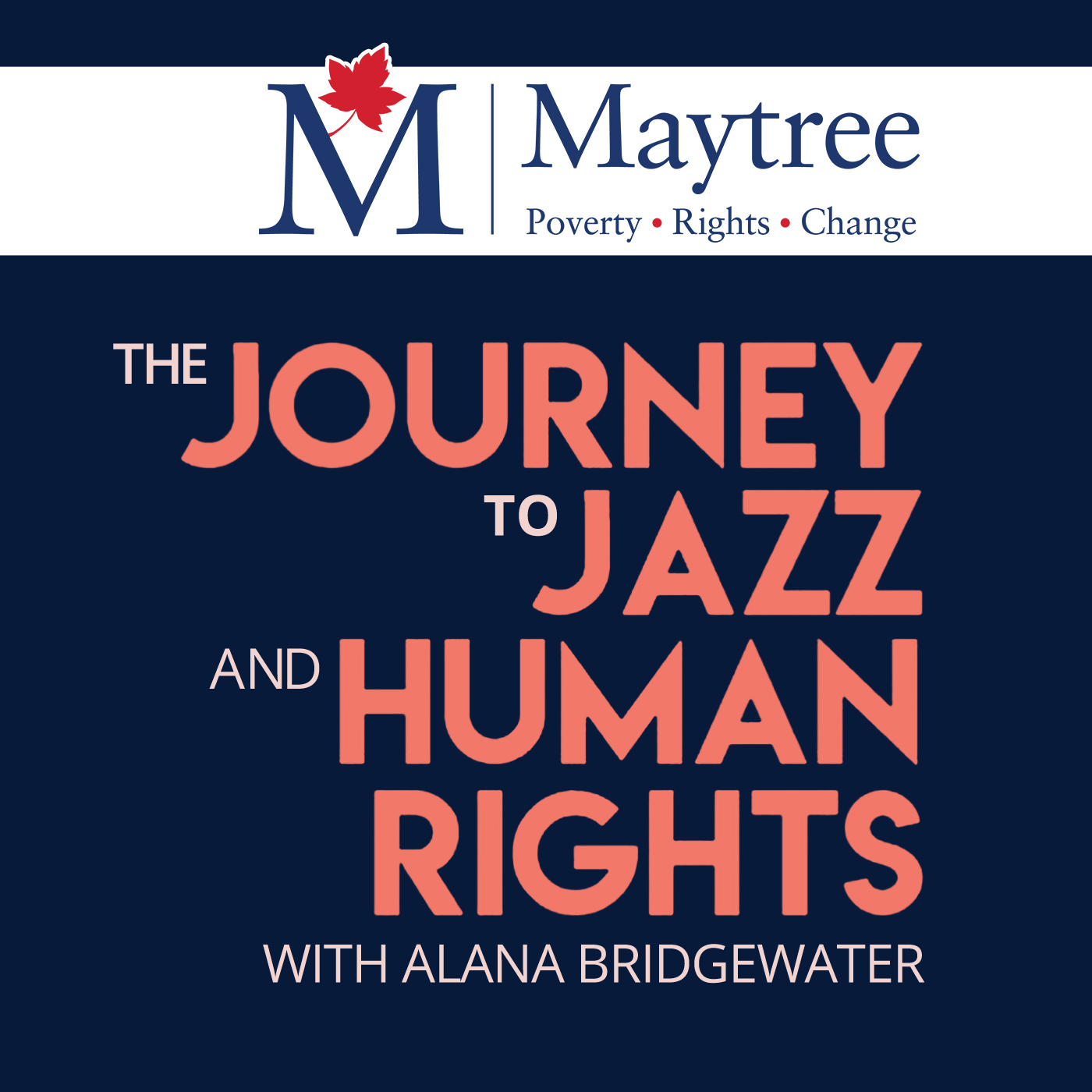In 1910, most African-Americans live in the south. But economic hard times push them north, to find work. And jazz follows. The problem is the marketplace wants a different kind of music: jazz for white, middle-class Americans — that is, until they hear the real thing. Hear about how jazz musicians fought for the right to earn a living in times of racial inequality.
"The Journey to Jazz and Human Rights" is hosted by Alana Bridgewater.

Little Rock Arkansas, 1957. Schools will not end segregation. Pop music, which wants to sing about girls and cars, pays no attention. But jazz,...

The Cold War, two superpowers divvying up the global map. Each side, Soviet and Western, had their missiles, but they also had cultural weapons:...

We know the star women vocalists of jazz: Billie, Ella. But beyond the fame are the women who toiled behind the scenes, faced discrimination,...